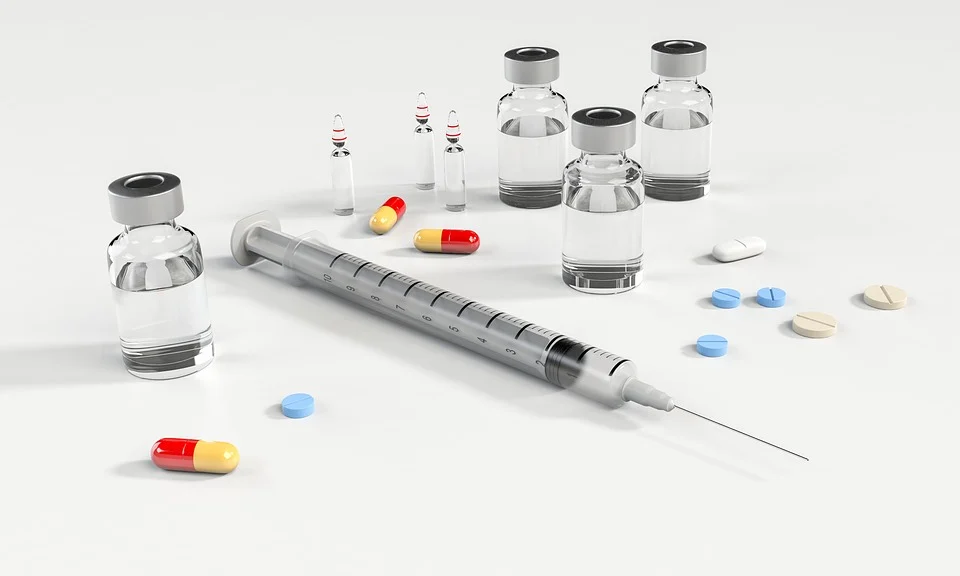Understanding Addiction Treatment

Addiction treatment is definitely not one-size-suits-all. Treatments can range from very light to very heavy. You may need different treatments depending on the severity of your addiction and the impact it is having on you and those around you. You might be able to get clean without outpatient treatment, but if your addictions are disruptive to your work and social life, you may need inpatient treatment. You will have to be evaluated as to what kind of treatment would work best for your specific situation.
There are many different types of addiction treatment available today. These include residential, outpatient, inpatient, and medication-based therapy. Inpatient care is reserved for those with serious addictions who do not respond well to counseling alone. However, many alcoholics and addicts choose this avenue because it gives them the opportunity to get some one-on-one counseling and therapy without the added stress of living in a public facility. Treatment for alcoholics can be somewhat expensive, but there are some programs that offer financing so that those with tight budgets can receive treatment at affordable prices.
The intensive outpatient program you choose depends on your addiction and your tolerance levels. If you are able to quit using drugs cold turkey, your inpatient treatment must allow sufficient time for withdrawal before you are released. In this case, the medical professionals will put you on certain medications to help with the cravings. These medications, of course, will make you lose even more weight and they also have side effects you need to be aware of. When you are undergoing withdrawal, you must follow all of the instructions given to you by your doctor. Follow all of your doctor's orders to stay clean and safe so that you don't relapse.
Your suboxone therapy will give you the tools and information you need to stop using drugs. It will give you information and resources to help you return to a productive and successful life as an addict or user. Your co-occurring mental health illness must also be addressed in the treatment plan. If you are experiencing severe depression, your outpatient treatment plan will include counseling sessions with a psychiatrist. You must also complete an entire detoxification process so that you can achieve sobriety.
Once you have detoxified, you will need a long-term treatment plan in order to overcome your physical and psychological addictions. This includes counseling, medication, therapy and lifestyle changes. Your treatment may require one or more of these areas; however, most substance abuse programs take a holistic approach to treatment. In fact, many programs are designed around both substance abuse and mental health issues. For example, in-patient detoxification and residential treatment can address co-occurring disorders such as depression, anxiety and OCD.
Withdrawal is very real during detoxification and can be intense. Be sure that you do all you can to minimize any symptoms during this time. Also, be sure to notify your doctor if you experience any extreme withdrawal symptoms such as nausea, vomiting, or diarrhea. These can be signs of a serious condition that may require emergency attention. Discover more about a rehab here: https://en.wikipedia.org/wiki/Rehabilitation_hospital.
